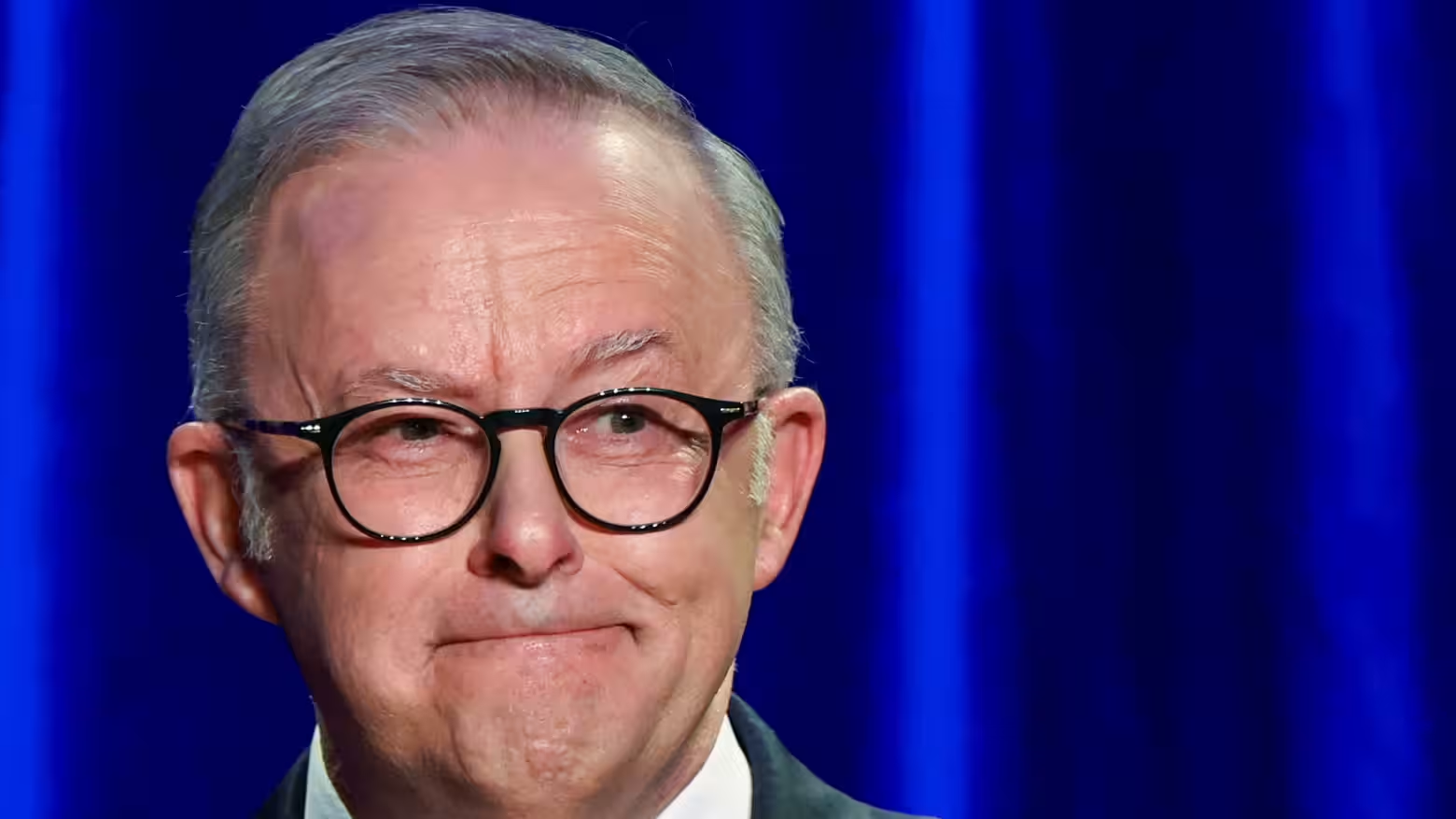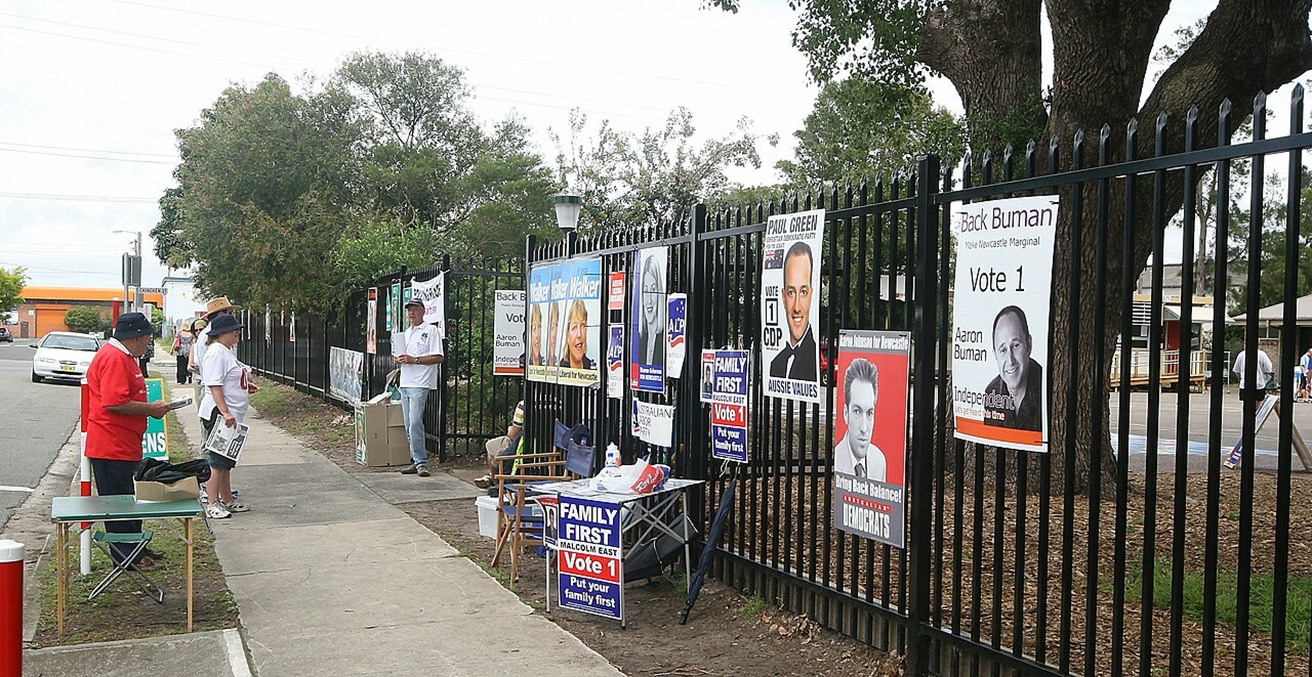Prof. Syed Munir Khasru
South China Morning Post
May 09, 2025
In recent elections across the world, many right-wing politicians echoed US President Donald Trump’s political style, policies and even rhetoric, reflecting a rise in populism. But the tide is turning and in several instances, Trumpism has backfired.
In Canada and Australia, an “anti-Trump bump” was in effect as voters rejected chaos and Trump-style protectionism in favour of stability and centrism. Thanks to the Trump effect, political parties previously expected to lose reversed their electoral fate.
In Canada, just months ago, the Conservatives had been ahead of the Liberal Party in the polls by some 20 percentage points. By the time the federal election was held last month, Mark Carney and his Liberal Party had turned the race around, winning on a platform of reducing Canada’s reliance on the United States in preparation for a changing global order.
In contrast, Conservative leader Pierre Poilievre’s campaign echoed Trump’s approach, attacking institutions and focusing on inflation. Carney’s message, however, increasingly resonated amid a public backlash against Trump’s suggestion that Canada should become the 51st US state. In response to Trump’s aggressive trade policies and provocative rhetoric, Canadians chose to show unwavering support for national sovereignty. In his victory speech, Prime Minister Carney declared that the old Canada-US relationship was “over”.
In Australia, where no prime minister had been consecutively re-elected in over two decades, Prime Minister Anthony Albanese gained momentum as Trump’s tariffs began to hurt Australian exports. Opposition leader Peter Dutton, who had been ahead in the polls, essentially imported Trump’s outlook and heavily leaned towards immigration crackdowns and stricter law and order.
In contrast, Albanese ran on a centrist, stability-focused platform centred on economic reform and national unity. This ended up striking a chord with the public, helping the Labor Party to a landslide victory while Dutton lost his seat.
In Germany, voters gave the far-right Alternative for Germany (AfD) a major boost in the snap election in February, with over 20 per cent of the vote, making it the second largest party. Endorsed by US Vice-President J.D. Vance and Trump adviser Elon Musk, the AfD campaigned on anti-immigration and anti-elite propaganda. But despite Afd’s political gains, no mainstream party would form a ruling coalition with it.
Instead, the Christian Democratic Union led by Chancellor Friedrich Merz and its Bavarian sister party, the Christian Social Union, have formed a majority government with the centre-left Social Democratic Party.
This comes amid a diplomatic feud with the US over the designation of the AfD as a right-wing extremist organisation by the German intelligence service after a three-year investigation.
US Secretary of State Marco Rubio called it “tyranny in disguise” while Vance accused the Germans of rebuilding the Berlin Wall. Mere months ago, the US vice-president had been firmly rebuked by then German chancellor Olaf Scholz, who warned against “outsiders intervening in our democracy”.
Unsurprisingly, post-election Germany has swiftly re-examined its reliance on the US, considering Trump’s dismissive stance towards Europe and Nato, the transatlantic security alliance, as well as his protectionist tariffs. Merz pushed through a policy shift which includes an increase in defence spending and a €500 billion (US$565 billion) infrastructure fund aimed at improving Germany’s autonomy and resilience.
These measures are suggestive of a Germany quietly preparing for a future when the US may no longer be considered a dependable ally, even if it remains formally committed to Nato and transatlantic ties.
In Britain, however, contrary to the resistance shown in Canada, Australia and Germany, Reform UK, the party led by long-time Trump admirer Nigel Farage, achieved a surprising breakthrough in the local elections. Reform won most of the council seats, two mayoralties and even a parliamentary by-election.
That the main Labour and Conservative parties lost ground to the right-wing upstart reflects a deep and gnawing public frustration with the political establishment. Trumpism worked in Farage’s favour as he borrowed heavily from the playbook. His rallies took on the style and energy of Trump’s campaign events, focusing on immigration control, national identity and anti-elite sentiment.
Reform’s success has revealed a deeper shift in British politics where Prime Minister Keir Starmer’s diplomatic approach to Trump has done little to counter the rise of populist rhetoric among the people.
Similarly in Romania, far-right, pro-Trump candidate George Simion has won the first round of the presidential election this week with about 40 per cent of the vote, well ahead of his rivals. He faces centrist Bucharest Mayor Nicusor Dan in a run-off on May 18.
Evidently, Trumpism is developing into more than an American political trend – it has become a guide for leaders abroad who want to position themselves as defenders of the people against the political elite.
True, recent elections and domestic political shifts across three continents suggest that in many instances, Trump’s tactics and policies are becoming liabilities for right-leaning parties. But the challenge remains for democracies to understand why Trumpism resonates in the first place.
Simply put, it feeds on the common man’s frustrations over inequality, political gridlock and cultural alienation, and creates the public image of a charismatic leader who cares for local people.
Ignoring these drivers of populism could risk putting the rights of minorities and immigrants in jeopardy. Populist politics can only be countered when traditional politicians go back to the roots – and the first definition – of democracy and start finding ways to better connect with people and implement policies that are of the people, by the people and for the people.



0 Comments